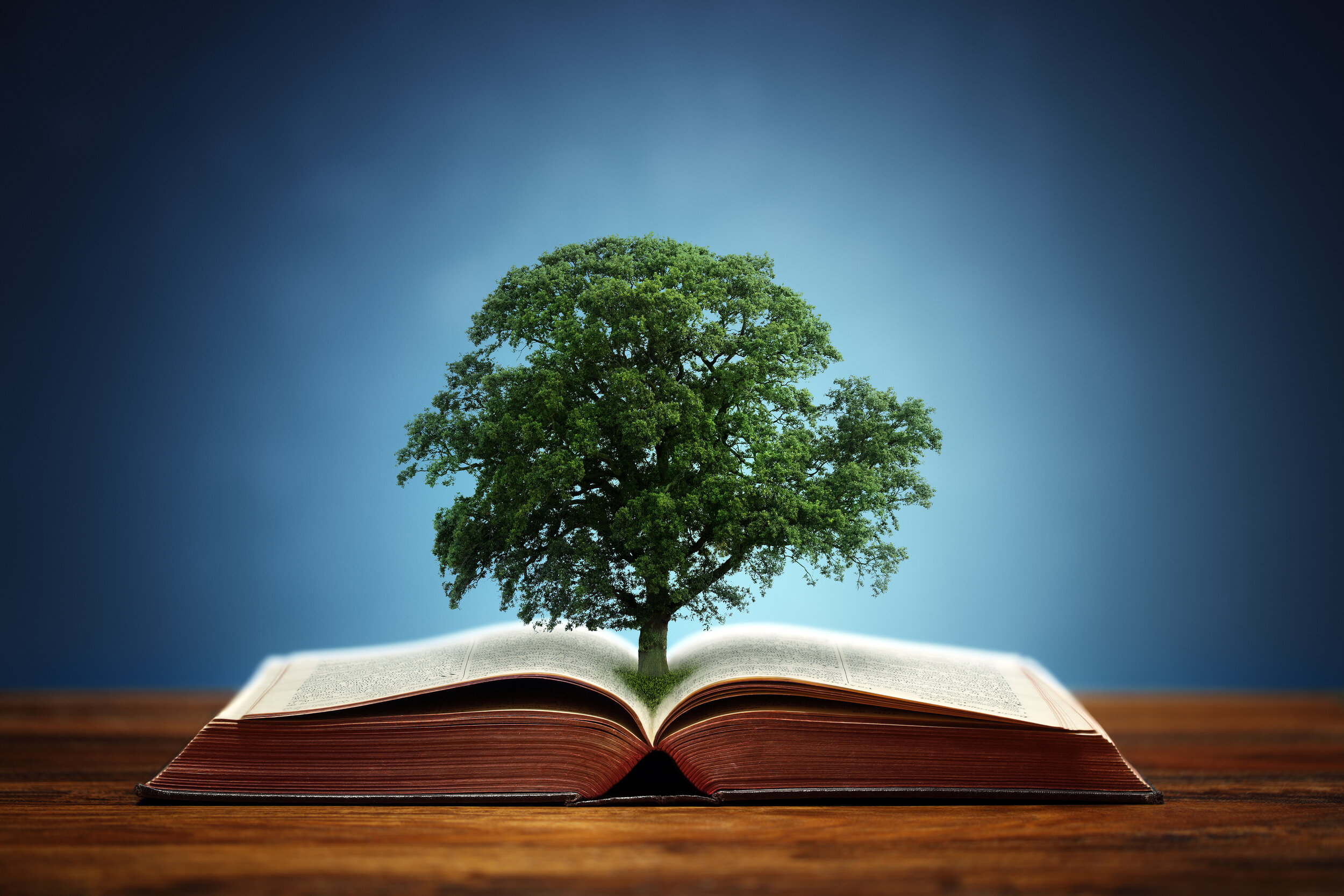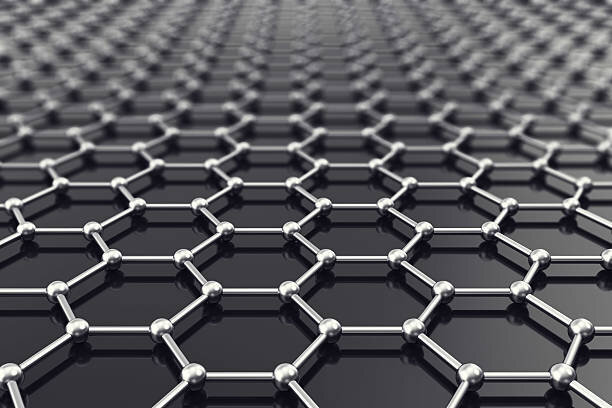“Say: Travel through the Earth and deeply observe how God did originate the creation; then God produces the next creation; surely God has power over all things” (Qur’an 29:19-20)
Welcome and May the peace and blessings of God be upon you.
Source: Quilliam International
"We must understand the symbolism, but also logic in why we do what we do.”
DR. MUhammad Fraser-RAHIM
How do you fight extremism that uses religion to promote violence? Meet Dr. Muhammad Fraser-Rahim who works at Quilliam International in counter-extremism and is inspiring change.
What do you do?
“I oversee policy issues as it relates to combat extremism. I love the interdisciplinary nature of my work. I am able to bring together my expertise in history, Islamic thought, foreign policy, arts, culture and aiding people at the same time. In many ways, it allows me to assist and tackle really tough issues, but also be creative at the same time in thinking out the box in finding real world solutions. My work is not theoretical, its real world and saving lives.”
“And of His signs is the creation of the heavens and the earth and the diversity of your languages and your colors. Indeed in that are signs for those of knowledge.” (Qur’an 30:22)
What do you love/like least about your job?
“I love the ability to work both in the domestic and global context. As a young boy I always wanted to travel and to engage my profession/career like it wasn't work. This is what I am doing on a daily basis. I wouldn't say what I like least of my work, but sometimes it's not always good news. I have worked in government for over a decade and now work in the private/non-profit space and sometimes people die, sometimes people are incarcerated, and sometimes people have heartache. Recognizing that sometimes it's not always the best news is also a moment to allow me to always know that I am, and the work I do, is truly human work and that is humbling, and at times not always the best news but it’s reality.”
Did faith have any role in choosing your career?
“Yes, my faith is paramount to my work. I like to use the acronym that I experience and live Islam, and not just practice. Practicing means that in some way I am doing something for one big test. Everyday is a test, and to live religion, Islam, spirituality everyday, then one is experiencing the joys, the struggles but beauty of our faith in a meaningful and real way.”
“Verily, We created man from a drop of mingled sperm so that We may test him; and therefore We made him hearing and seeing. We have indeed showed him the way, now he be grateful or ungrateful.” (Qur’an 76:3)
Source: www.daniel-fast.com
Do you see a relationship between faith and your career?
“My faith has always been part of who I am. My career is a complement, and I live my life with my faith as a steady rock to sustain me. Whether one publicly or privately expresses faith is not the point. Faith is part of the unseen and the connection to the creator, the divine. Allah is something one has in all aspects of life, in my opinion.”
Are there parts of your job that make you a better Muslim/spiritual?
“Everything. Not only do I oversee policy issues as it relates to combat extremism but I also am an Assistant Professor. My deep understanding of history, religion, policy issues, etc has allowed me to make sure that I am providing a balance in my understanding of my faith. Some people are all spiritual and others just religious. I think faith allows one to balance the two. It's not all about the rituals. My teachers have always taught me that the rituals also have meaning and relevance and they point to more than just motions that we perform at least 5 times a day. The same is in our spiritual and religious development. We must understand the symbolism but also logic in why we do what we do.”
“Surely the worst of beasts in God's sight are those that are deaf and dumb and do not reason.” (Qur’an 8:22)
What's the greatest lesson you've learned in your life?
“The pathway to failure is paved with excuses. I don't make any. Be present everyday and the lessons will come in everyday. We just have to pay attention.”
What do you want people, especially Muslims, to know about your career?
“That the work in this field is not just black and white, one-sided based on political affiliation. Real human lives are affected by dynamics and all perspectives must be taken into consideration in challenging and combating violence.”
Source: www.ameadwriter.com
“Indeed, God loves those who act justly.” Qur’an 60:8
“Peace cannot be achieved through violence. It can only be attained through understanding.” Ralph Waldo Emerson
For more information:
Quilliam International: https://www.quilliaminternational.com/
America’s Other Muslims: Imam W.D. Mohammed, Islamic Reform, and the Making of American Islam: https://rowman.com/ISBN/9781498590198/America’s-Other-Muslims-Imam-W-D-Mohammed-Islamic-Reform-and-the-Making-of-American-Islam
International Institute of Islamic Medicine: http://www.iiim.org/
1001 Inventions: the Enduring Legacy of Muslim Civilization: http://www.1001inventions.com




























